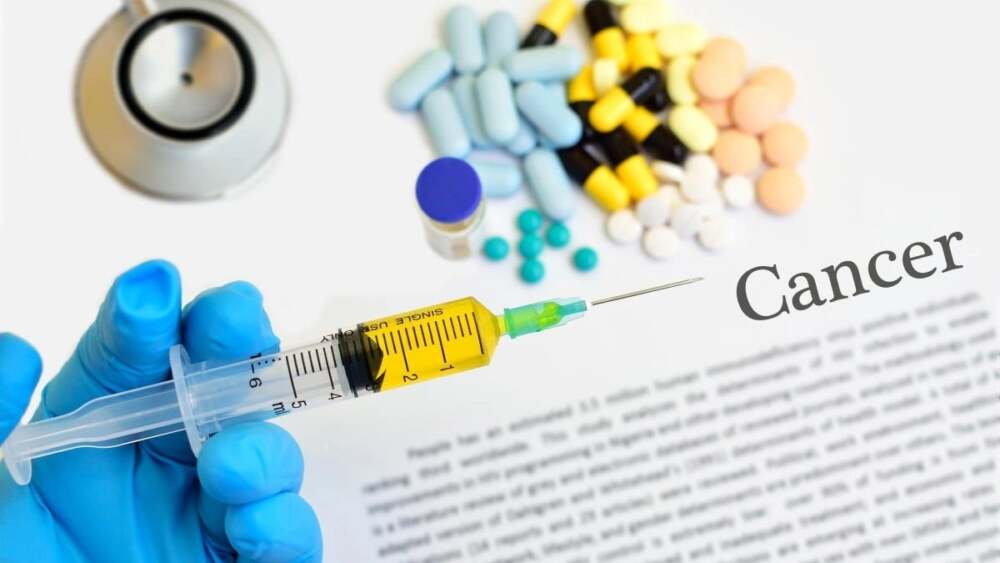Recent studies reveal a troubling shift in cancer patterns: more people in their 20s, 30s and early 40s are being diagnosed with cancers typically seen in older age — especially breast and colorectal cancers. Medical professionals say not all the reasons are known, but some of the contributing risk factors can be addressed now.
The Changing Landscape
Historically, cancers like those of the colon and breast were most commonly diagnosed in individuals over 50 or 60. But in recent years, a growing share of these cases are appearing in adults under 50. Much of this change cannot be chalked up simply to better screening; instead, experts believe a mix of lifestyle, environmental and systemic factors are at play.
For example, factors such as excess body weight, alcohol intake, smoking, and disrupted sleep patterns are waking scientists’ attention as modifiable elements that — unlike genetic inheritance — can be influenced.
Meanwhile, environmental exposures (including possible chemical pollutants, plastics, altered gut microbiomes and circadian-rhythm disturbances) are under investigation as underlying contributors. Many younger patients don’t fit the “classic risk” profiles, which complicates detection and treatment.
What the Experts Want You to Know
- Healthy habits matter from a young age. The sooner good habits are adopted — maintaining a healthy weight, limiting alcohol, staying physically active, not smoking — the better the long-term payoff. These habits don’t guarantee immunity but shift the balance in your favour.
- Know your personal baseline and history. Family history remains important: if someone in your family was diagnosed young with colorectal or breast cancer (or had advanced polyps or known genetic syndromes), you may need screening earlier than standard recommendations.
- Listen to your body — and take symptoms seriously. Younger people may dismiss symptoms like rectal bleeding, persistent abdominal pain, new breast lumps or unexplained bruising, assuming youth means low risk. Specialists caution that doing so can delay diagnosis — and when cancers in younger individuals show up, they may already be advanced.
- Screening may need rethinking. For people with increased risk (family history, certain genetic markers), earlier screening than age 45 (for colorectal) or earlier breast-imaging discussion may be advisable.
- Environmental and lifestyle research is ongoing. While researchers haven’t pinned a single cause for the rise in what’s known as “early-onset” cancers, the pattern suggests a cohort effect — that is, people born in later decades may be facing higher baseline risk owing to common exposures or lifestyle changes across populations.
Why This Matters Now
For one, younger patients face unique challenges: career and family responsibilities, financial burdens, fertility concerns and a longer lifetime ahead during which recurrence or late-effects may occur. Diagnosing cancer at a later stage also tends to worsen outcomes and increase treatment complexity.
Moreover, when fewer people expect cancer to affect adults in their 20s or 30s, healthcare systems may delay appropriate investigations, attributing symptoms to less-serious causes and missing early opportunities.
In aggregate, the trend signals a need for renewed public-health focus: shifting from “this is something old people get” to “be aware, regardless of age.”
Practical Take-aways
- Maintain a healthy body weight, stay active and limit alcohol and tobacco — these are among the most supported actionable steps to reduce cancer-risk.
- If you notice persistent or worsening symptoms — such as changes in bowel habits, blood in stool, lumps in breast or underarm, unexplained bruising or weight loss — don’t assume “I’m too young.” Push for evaluation.
- Check your family history and discuss it with your doctor. If there’s a pattern of early cancers in your family, consider genetic counselling and potential earlier screening.
- Create a lifestyle that supports good sleep and a stable routine — emerging research links circadian disruption to increased risk in some cancer types.
- Finally, advocate for yourself. If you’re told “you’re too young” for serious testing despite concerning signs, don’t hesitate to seek a second opinion or ask for referral to a specialist.
The bottom line: While genetics play a role, younger adults now face rising risks of breast and colorectal cancer, and many of the contributing factors lie within our control. Awareness, early action and healthy living offer real protection.















Leave a Reply